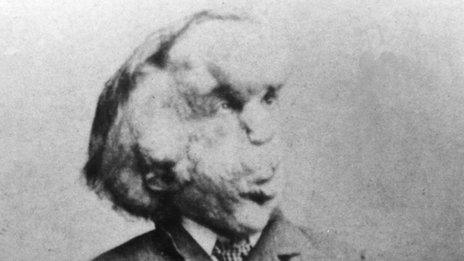Elephant Man: Joseph Merrick's grave 'found by author'
- Published
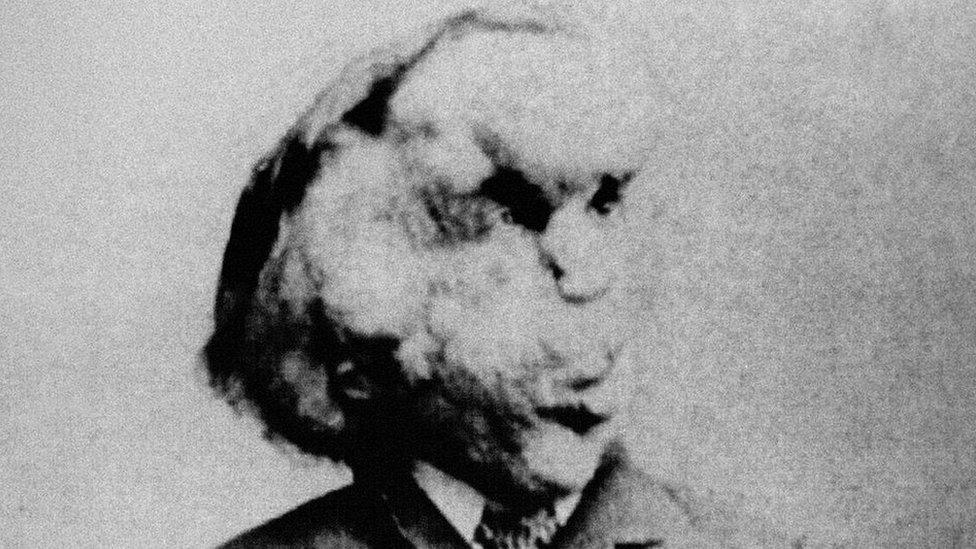
Joseph Merrick surprised doctors with his intelligence and sensitive nature
The unmarked grave of Joseph Merrick - who is better known as the Elephant Man - has been traced after nearly 130 years, it has been claimed.
Merrick had a skeletal and soft tissue deformity which saw him as a freak show attraction, then a medical curiosity.
His skeleton has been preserved at the Royal London Hospital since his death.
But author Jo Vigor-Mungovin says she has now discovered Merrick's soft tissue was buried in the City of London Cemetery after he died in 1890.
In 2016 calls were made to bury Joseph Merrick's bones in Leicester
After a miserable adolescence and time as a travelling exhibit, Leicester-born Merrick ended up at what was then called the London Hospital in Whitechapel, east London, where he surprised staff by proving to have an intelligent and sensitive personality.
He became a minor celebrity and in May 1887 was visited by Alexandra, Princess of Wales, who afterwards sent him Christmas cards.
After his death, Merrick's body was dissected and his skeleton preserved as an anatomical specimen.

Joseph Merrick
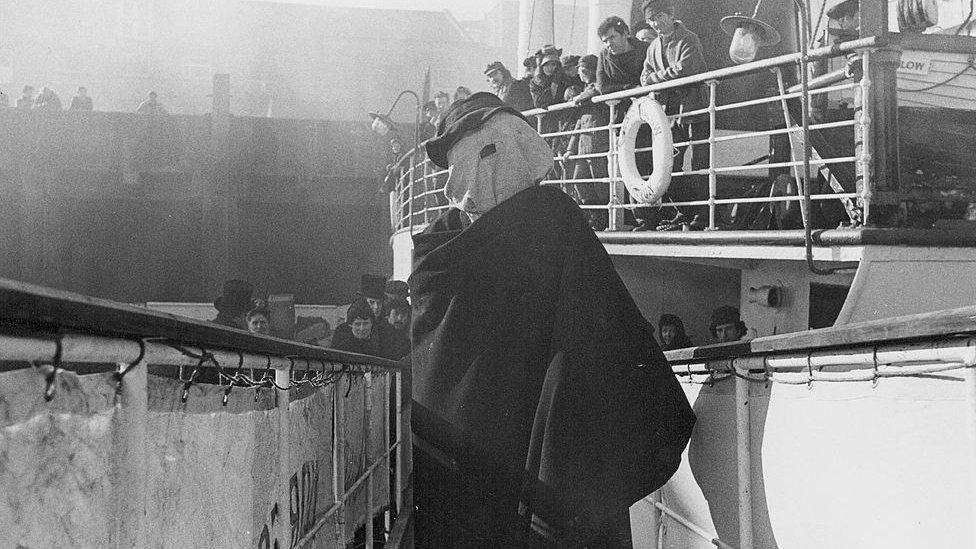
Merrick's story was made into an acclaimed movie in 1980
Born in August 1862 in Leicester
His condition did not develop until he was five years old
Following years in a Leicester workhouse, he contacted a showman who set him up as a travelling exhibit in 1884
After being robbed and abandoned he went to London in June 1886 and contacted doctor Frederick Treves, who found him a room at the London Hospital
His head measured 36 inches (91cm), his right wrist 12 inches (30cm) and one of his fingers 5 inches (13cm) in circumference
He died on 11 April 1890, aged 27, asphyxiated by the weight of his own head, apparently after trying to lie down
The cause of his condition is still uncertain but many researchers favour Proteus syndrome, a rare genetic disorder
His story has inspired a number of books, an award-winning play and a film starring John Hurt

Mrs Vigor-Mungovin, who has written a biography of Merrick, said a story about his soft tissue being buried had not been followed up due to the number of graveyards in use at the time.
"I was asked about this and off-hand I said 'It probably went to the same place as the [Jack the] Ripper victims', as they died in the same locality.
"Then I went home and really thought about it and started looking at the records of the City of London Cemetery and Crematorium near Epping Forest, where two Ripper victims are buried.
"I decided to search in an eight-week window around the time of his death and there, on page two, was Joseph Merrick."
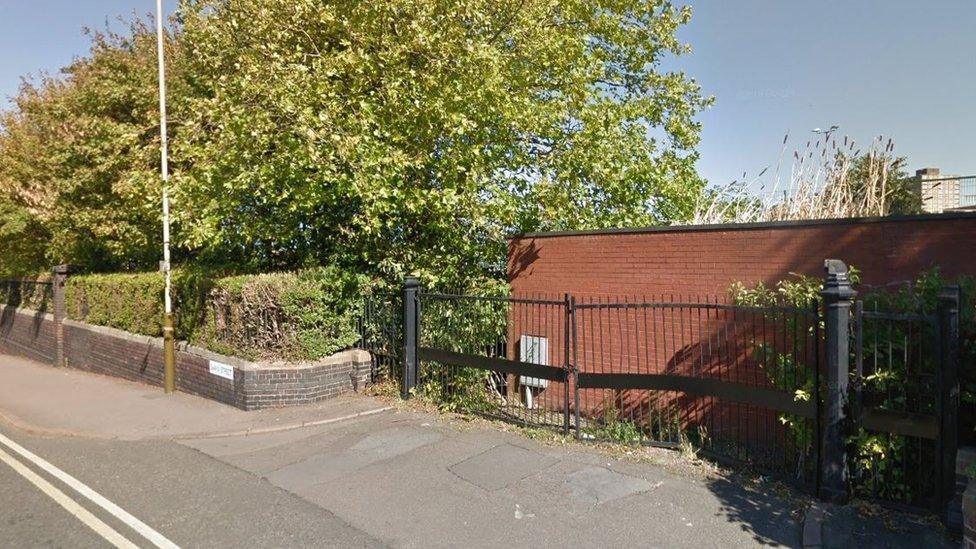
The gates in this photograph are all that remains of the Leicester workhouse where Merrick stayed
The detailed Victorian records make it "99% certain" this is the Elephant Man, said Mrs Vigor-Mungovin.
"The burial is dated 24 April 1890, and Joseph died on 11 April.
"It gives his residence as London Hospital, his age as 28 - Joseph was actually 27 but his date of birth was often given wrong - and the coroner as Wynne Baxter, who we know conducted Joseph's inquest.
"Everything fits, it is too much to be a coincidence."

Detailed examination of records have identified a specific plot where the remains were buried

Initially, the area was narrowed down to a communal memorial garden, but Mrs Vigor-Mungovin said a specific plot had now been identified.
"The authorities said a small plaque could be made to mark the spot, which would be lovely.
"Hopefully, we can soon get a memorial in his hometown of Leicester."
The City of London Cemetery has been unavailable for comment.

Follow BBC East Midlands on Facebook, external, Twitter, external, or Instagram, external. Send your story ideas to eastmidsnews@bbc.co.uk, external.
- Published9 September 2017
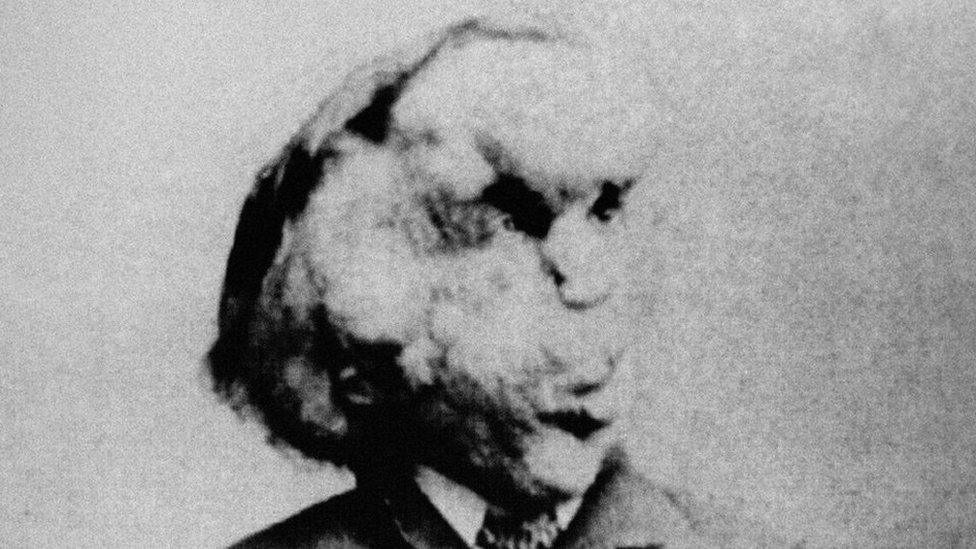
- Published9 June 2016
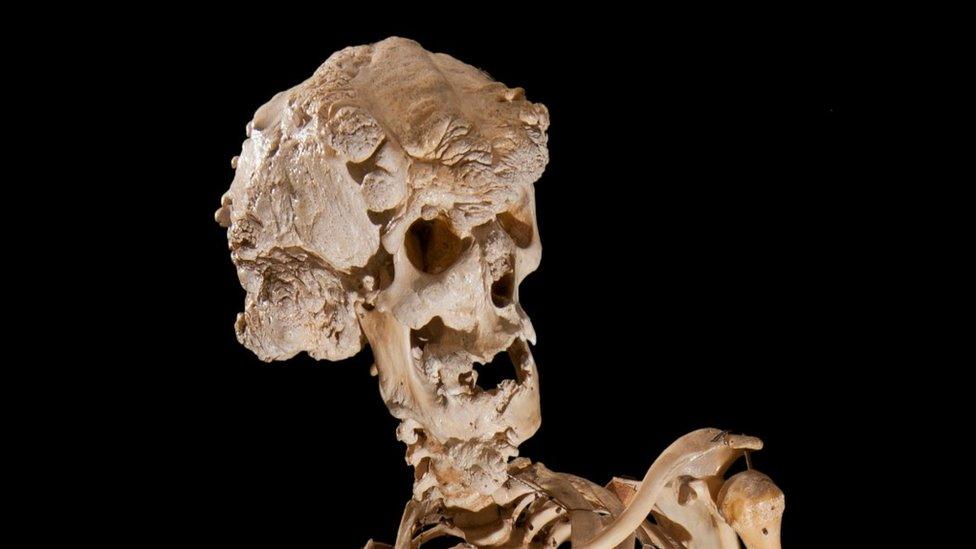
- Published18 May 2015
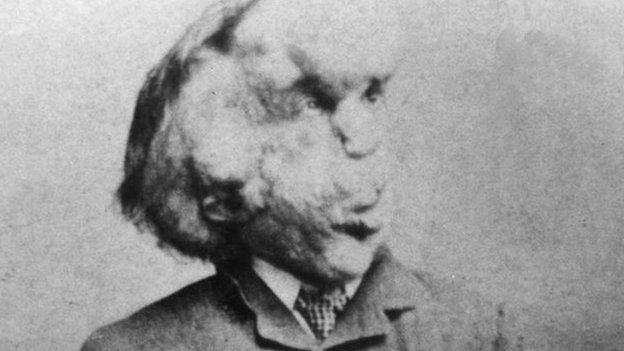
- Published29 August 2013
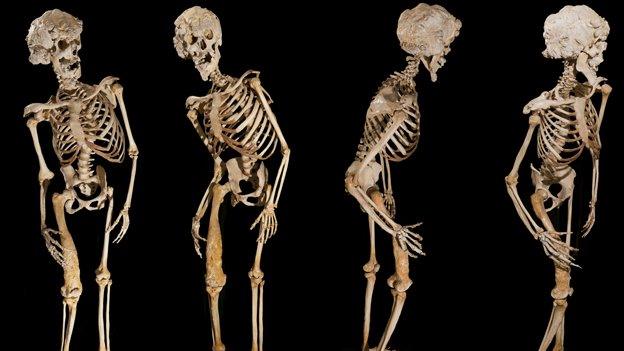
- Published7 May 2012
